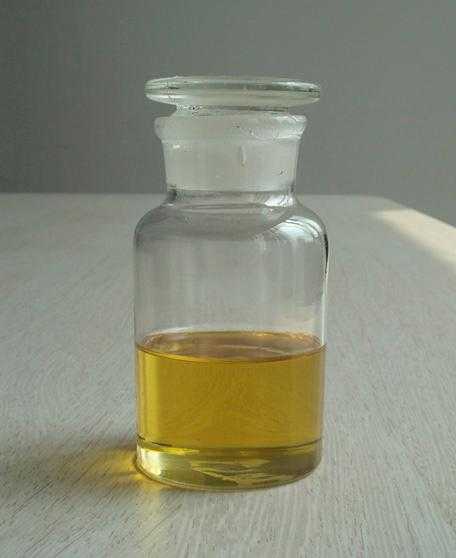Cottonseeds are more beneficial to cows
Cottonseed is an unprocessed oilseed that is separated from cotton fiber. Cottonseed contains high-fat, high-protein, and cottonseed hull can protect fat and protein. After the cows eat cottonseeds, they can directly reach the fourth stomach or small intestine through the first stomach and are well absorbed and utilized.
Cottonseeds are generally used in the production of dairy cows. Currently, there are no fixed methods for adding them. From the test reports, no matter how they are added, they can have a certain effect. According to the experiment, replacing 30% of the soybean meal and 2% of corn in the concentrate feed with 5% cotton seeds showed that the appetite of the dairy cows fed with cottonseeds was strong, the digestive power was enhanced, and the milk production was higher than that of the cows that had not been fed all cottonseeds. 1.1%. Replacement of 5% corn with 5% cottonseeds fed cows resulted in an average increase of 0.05 kg per head per cow compared to the pre-test period. At the peak lactation period of dairy cows, adding 1 kg of cottonseeds per head per day increased the milk production by 1.73 kg per day, and the milk fat percentage increased by 0.15%; the average body weight of dairy cows in the experimental group increased by 12 kg compared with the control group; Compared with the control group, the natural estrus rate of dairy cows increased by 30%.
However, it must be noted that because cottonseeds contain gossypol, excessive feeding has a toxic effect on dairy cows. Therefore, it is necessary to have a good grasp of the amount of feeding. Generally, one to two kilograms of feed per day is added, and no more than 2.5 kilograms. However, when the total dietary dry matter contains less than 15% of the cottonseed products (whole cottonseed or cottonseed cake, alfalfa), it is generally not necessary to consider the toxicity of gossypol or the adverse effects of gossypol on reproductive performance.
Cypermethrin
It is a synthetic pyrethroid used as an insecticide in large-scale commercial agricultural applications as well as in consumer products for domestic purposes. It behaves as a fast-acting neurotoxin in insects. It is easily degraded on soil and plants but can be effective for weeks when applied to indoor inert surfaces. Exposure to sunlight, water and oxygen will accelerate its decomposition. Cypermethrin is highly toxic to fish, bees and aquatic insects, according to the National Pesticides Telecommunications Network (NPTN). It is found in many household ant and cockroach killers, including Raid and ant chalk.
 Agricultural
Agricultural
Agricultural Cypermethrin,Agricultural Insecticide Cypermethrin,Agricultural Product Cypermethrin,Agriculture Insecticide Cypermethrin
Ningxia Bornstein Import & Export Co., Ltd , https://www.bornstein-agriculture.com